KOTA KINABALU, Malaysia – Sabah’s biotechnology landscape is poised for transformation following a high-level meeting led by Prof. Dato’ Sri Dr. Mike Chan, a prominent biotechnology expert, with Datuk Thomas Logijin, Permanent Secretary at Sabah’s Ministry of Industrial Development.
Together with representatives from various government bodies, the group discussed strategic steps to establish Sabah’s first biopharmaceutical manufacturing facility—a cornerstone of Sabah’s broader ambitions to become a regional hub for biotech innovation and education.
At the core of this vision is the biopharmaceutical manufacturing facility initiative. Set to be established in partnership with the Ministry of Investment, Trade, and Industry (MITI) at the Kota Kinabalu Industrial Park (KKIP), the manufacturing facility will be operated by Sanorell Sdn. Bhd. and is expected to create approximately 300 jobs, specifically targeting biotechnology graduates in Sabah.
“This biotech factory will be a game-changer for Sabah’s local economy and talent pool,” said Prof. Chan. He highlighted the project’s focus on providing high-value job opportunities while fostering growth in the local economy.
The manufacturing facility will be equipped with state-of-the-art technology, designed for “sustainable and scalable production methods,” a key aspect of its projected long-term economic impact for Sabah. The location in KKIP, chosen for its infrastructure and accessibility, is seen as pivotal to the facility’s success.
Prof. Chan explained that KKIP’s infrastructure provides “a strategic foundation for a regional biotech hub,” describing it as the ideal site to drive Sabah’s biotech growth and what he calls “Sabah’s biotech renaissance.”
The initiative has the support of a comprehensive cross-ministerial collaboration involving the Malaysian Investment Development Authority (MIDA), the Ministry of Health, Immigration, Tourism, and other critical agencies. The goal is to align policy and regulatory support, a necessity for seamless implementation and long-term industrial growth.
“Coordinating policy with progress in biotechnology is key, creating a unified framework for industrial and educational collaboration,” Prof. Chan noted, underscoring the importance of multi-agency support.
The manufacturing facility will place a significant focus on Research and Development (R&D), which Prof. Chan highlighted as essential to the project’s impact on both local and global markets. The facility’s R&D activities are set to prioritize “in-house innovations and cutting-edge research,” enabling Sabah to create unique biotech solutions and attract further international investment.
“R&D efforts will focus on addressing specific regional health and agricultural challenges,” Chan explained, aiming to create biotech solutions that can be applied locally and internationally.
In addition to its industrial focus, the facility is poised to play a key role in biotech education. Prof. Chan emphasized the importance of cultivating a local talent pipeline, stating, “We aim to cultivate not just industry professionals but future leaders in biotechnology.” Plans include collaborations with local universities to facilitate internships, research projects, and job placements, creating hands-on opportunities for students.
This initiative is expected to bring lasting economic and educational benefits to Sabah and mark a significant step forward in the state’s industrial landscape.
“This initiative is not only about immediate job creation; it is about long-term growth, creating a lasting impact that will see Sabah emerge as a respected biotech hub,” said Prof. Chan, describing the project as a “monumental step” for Sabah’s diversification and future competitiveness within Southeast Asia’s biotech industry.
The meeting reflects Sabah’s commitment to high-impact industrial growth, leveraging innovative biotech solutions and a skilled workforce to drive sustainable development in the state.
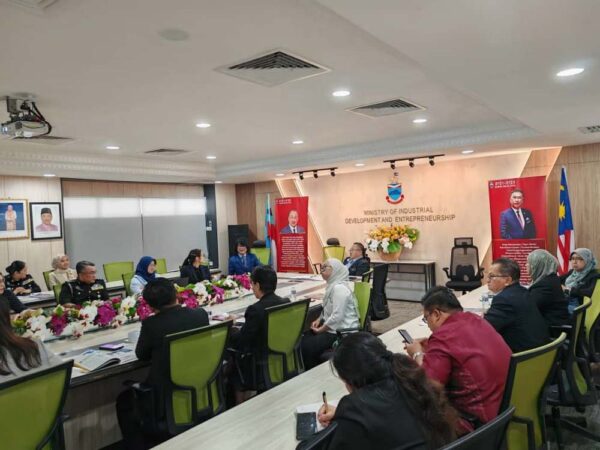
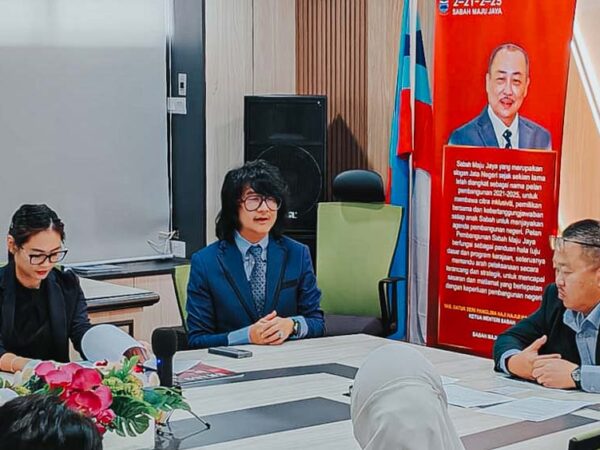
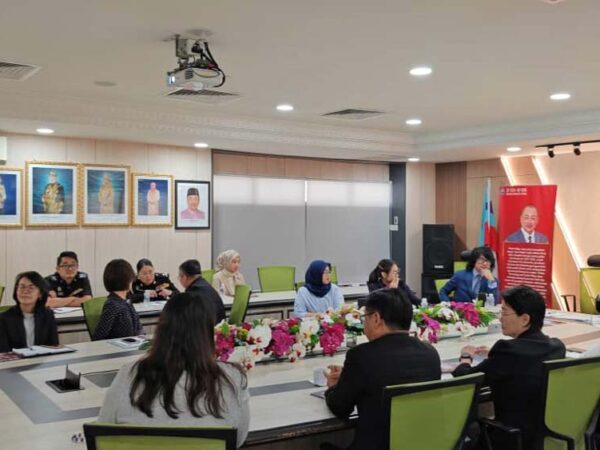

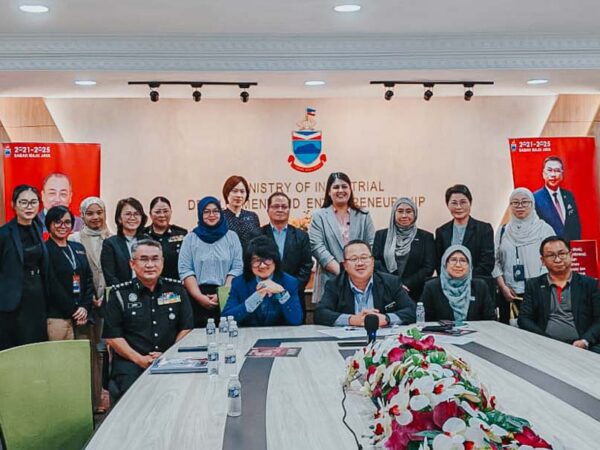


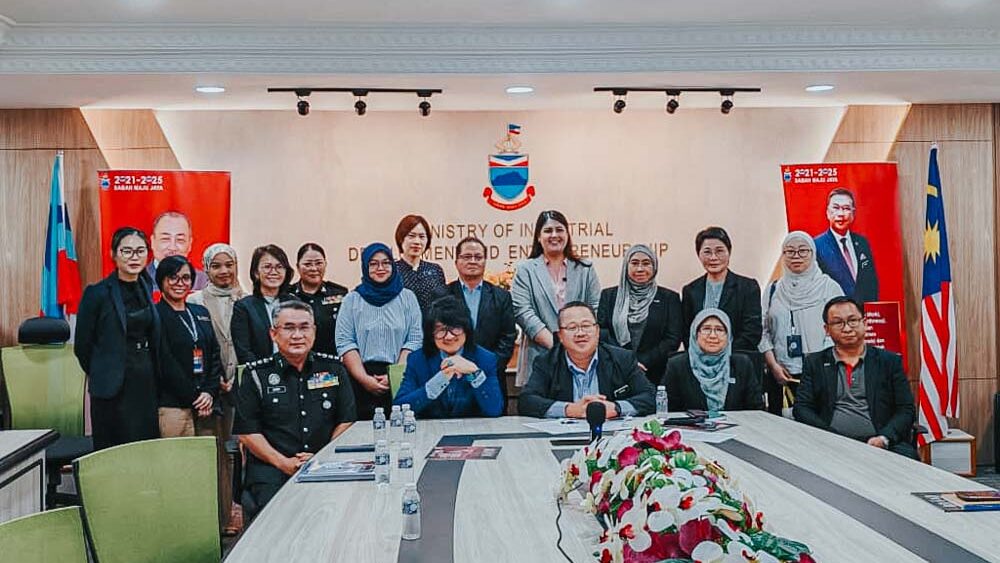
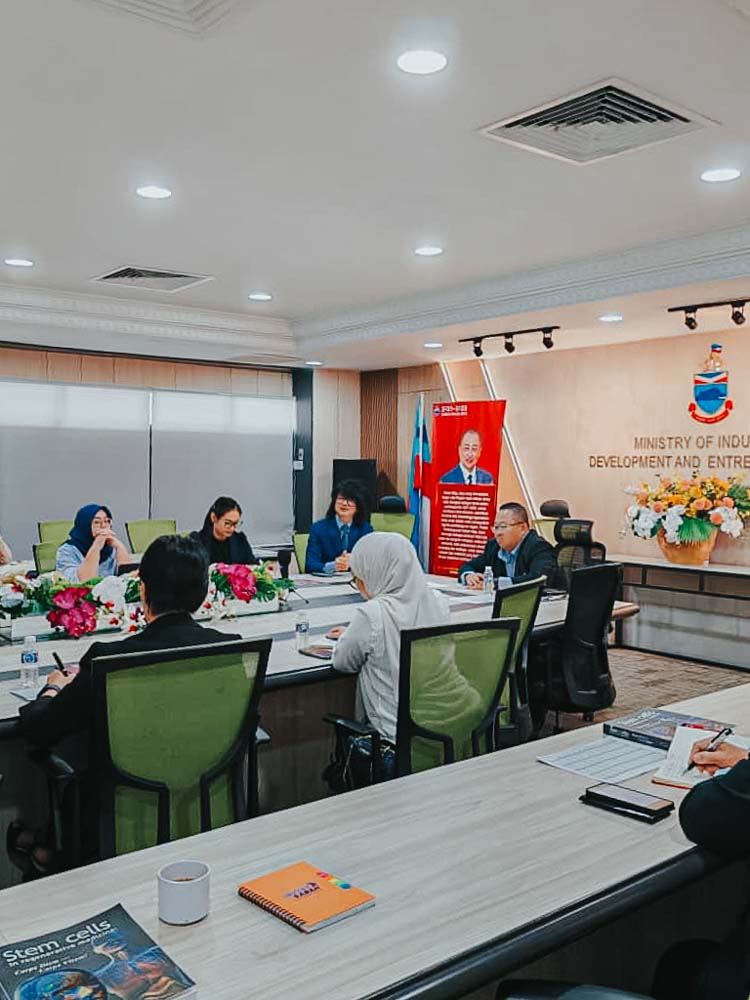
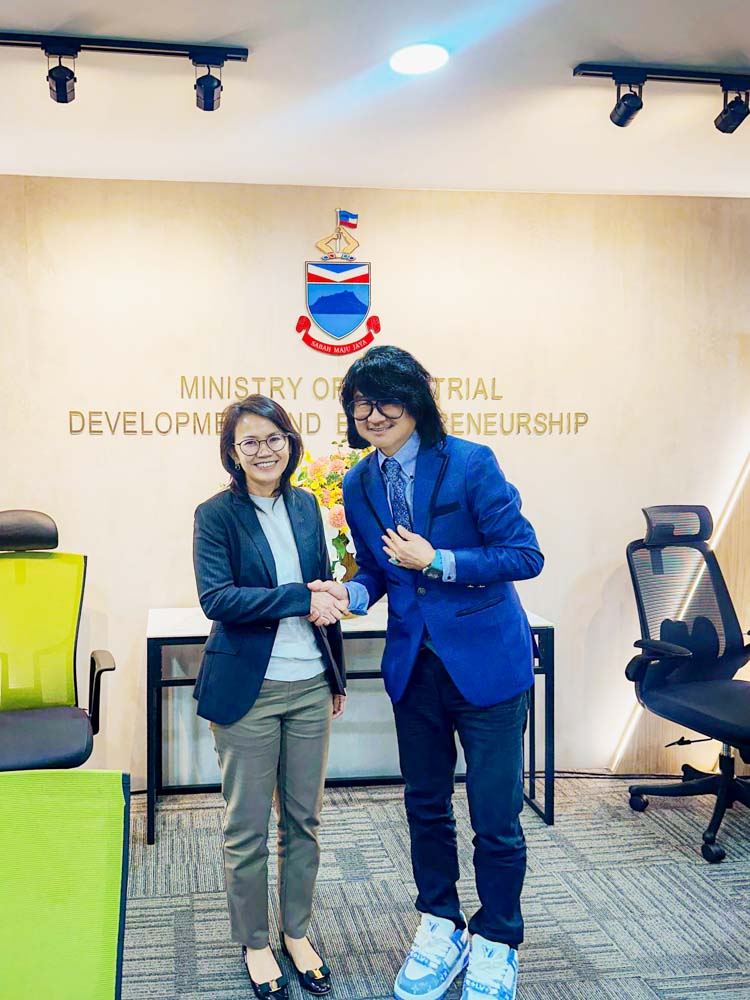
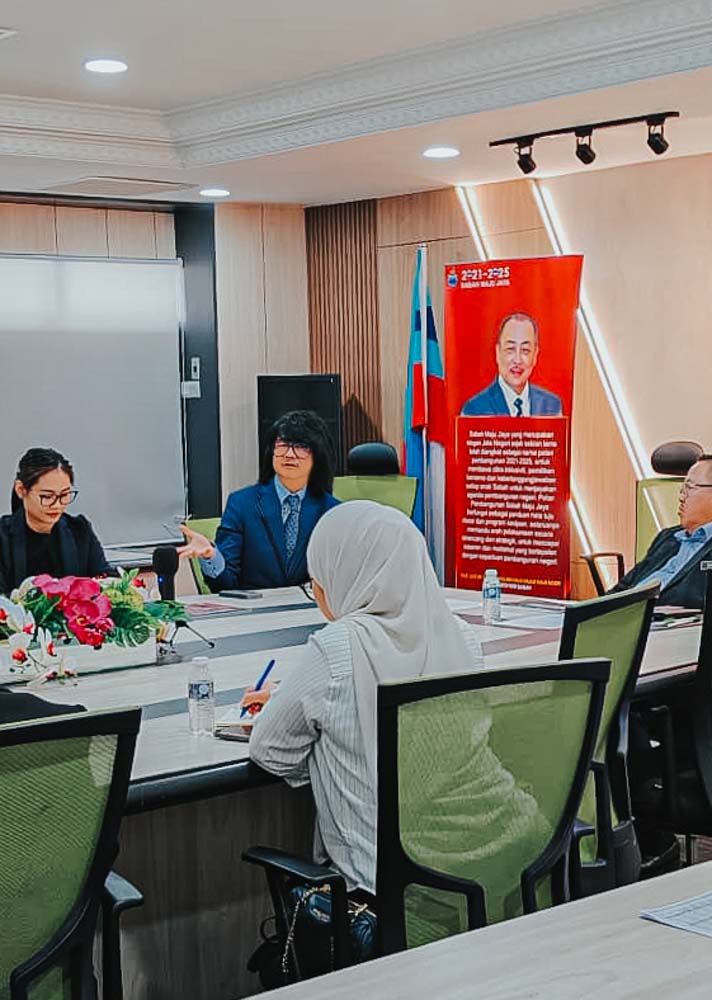
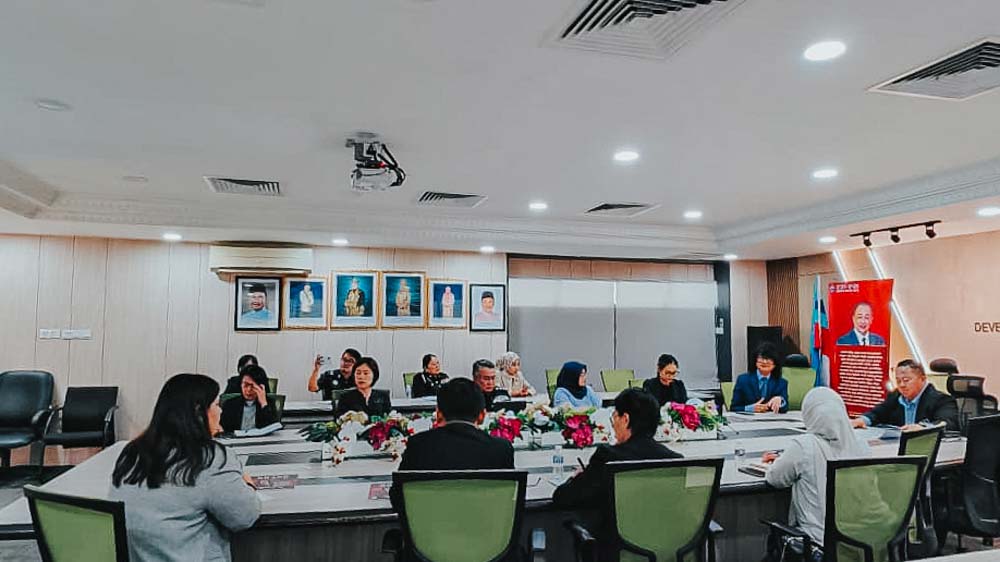
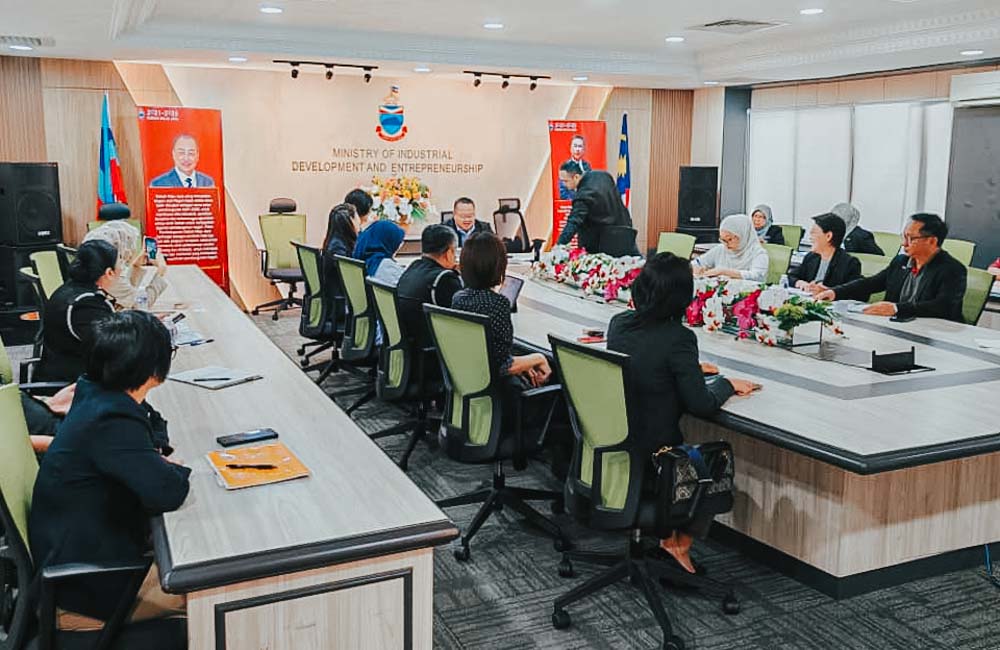
Comments are closed.